Why is the last name next to the female character? "Explanation"
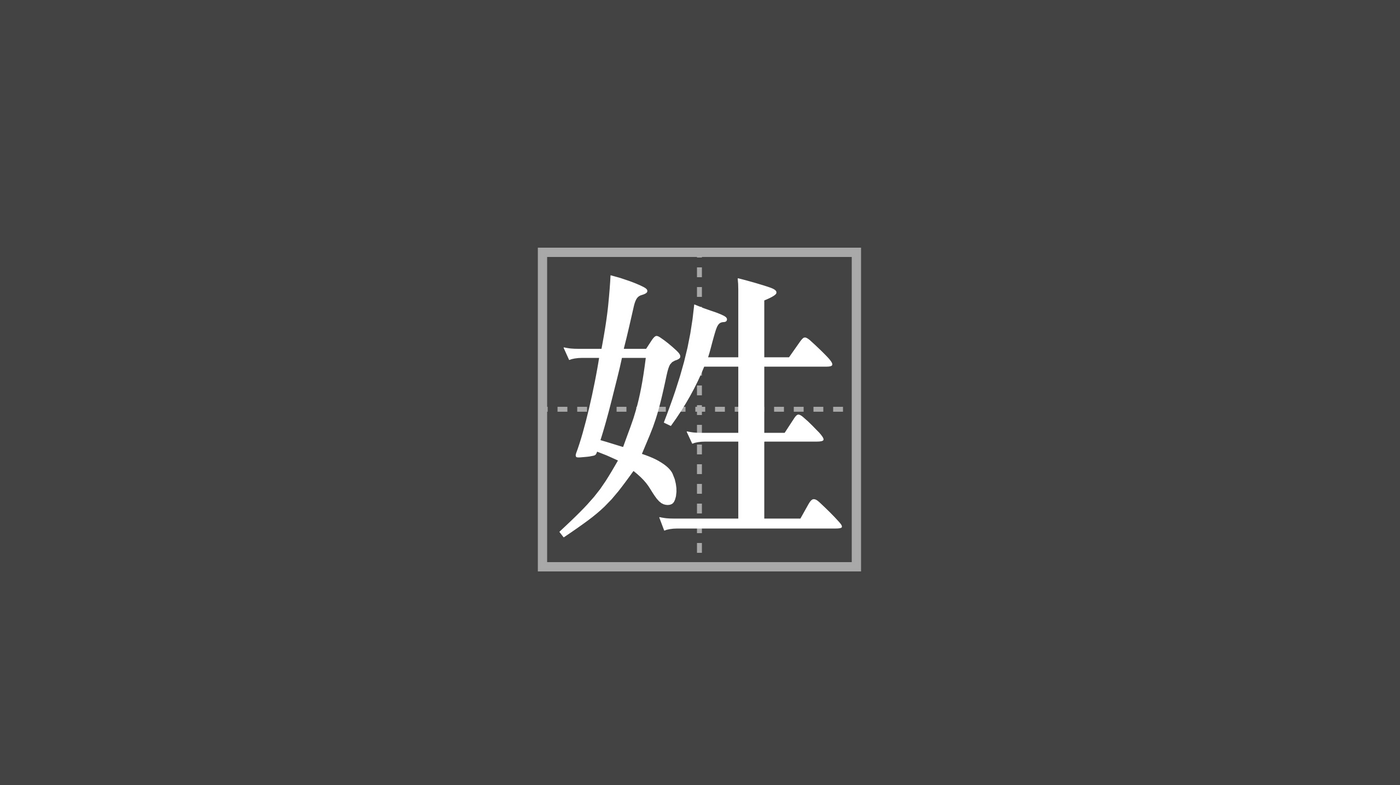
Most people's surnames follow their father's surnames, but the word surname is next to the female word? Was the previous society a matriarchal society? This episode "Shuowen Jiezi" explains the origin of surnames and some related characters, such as "zi" and "brother".
Have you thought about this question? Most people follow their father's surname, but the radical of the word "surname" is the radical of "female"?
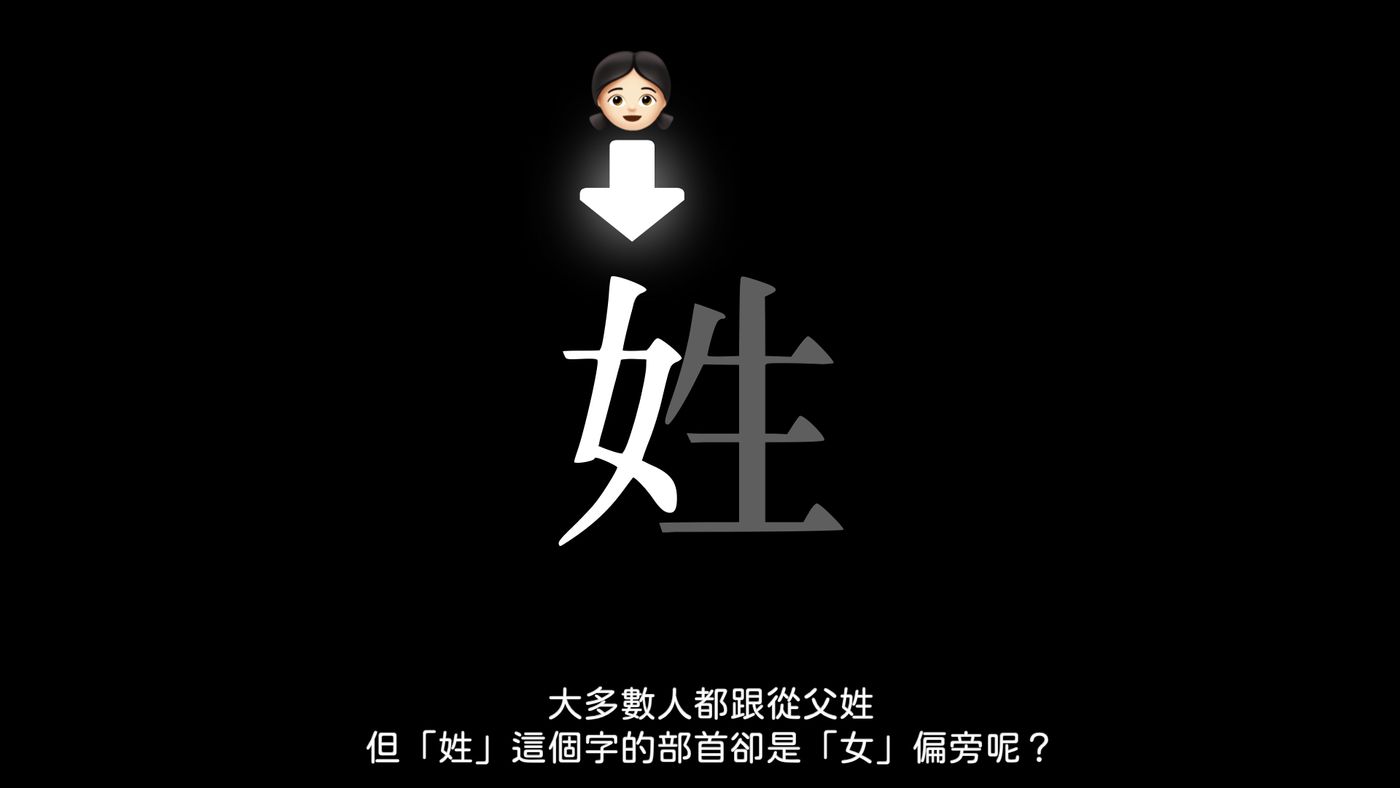
I'm Pomfret. In this episode, I'll explain the words related to "surname". In ancient times, a surname was a name for a clan, not an individual. A clan is simply a group of the same blood. The word "surname" is represented by "female". When ancient people made up the word "surname", was the child's bloodline related to the mother? The blood of the offspring is related to the mother, which is the so-called matrilineal society.
In fact, some of the most ancient surnames in ancient China were also usually preceded by the character "女". So, why is the surname in ancient times only related to the mother? Was it a matriarchal society?
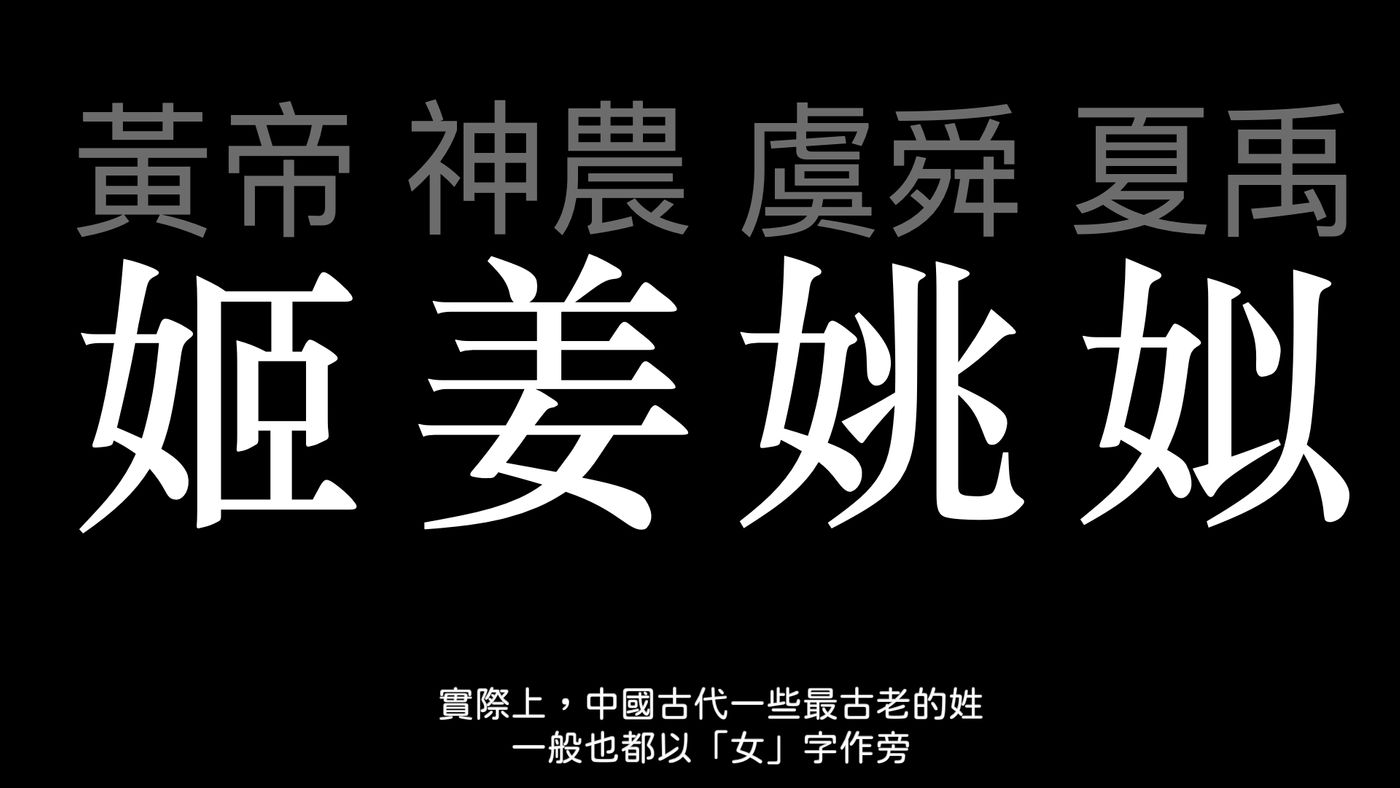
The mother's surname is used because of the ancient custom of "group marriage". Group marriages made people in ancient times know only their mothers but not their fathers. For example: Shennong was born because the mother relative was conceived by the queen of Shenlong. Apparently, in these legends, their fathers were all gods, ghosts and even animals. In ancient times, people only knew their mothers but not their fathers, and the use of female characters for "surnames" reflects this historical phenomenon.
The father's authority and property are inherited by the male descendants of his blood relatives, the "sons". The ancient Chinese character "zi" is shaped like a child with a big head and a small body, waving his arms, which can mean a child or a child. "Children" became a group of people who were respected and enjoyed the privilege of inheritance. In the pre-Qin era, "zi" was also often used as a respectful title.
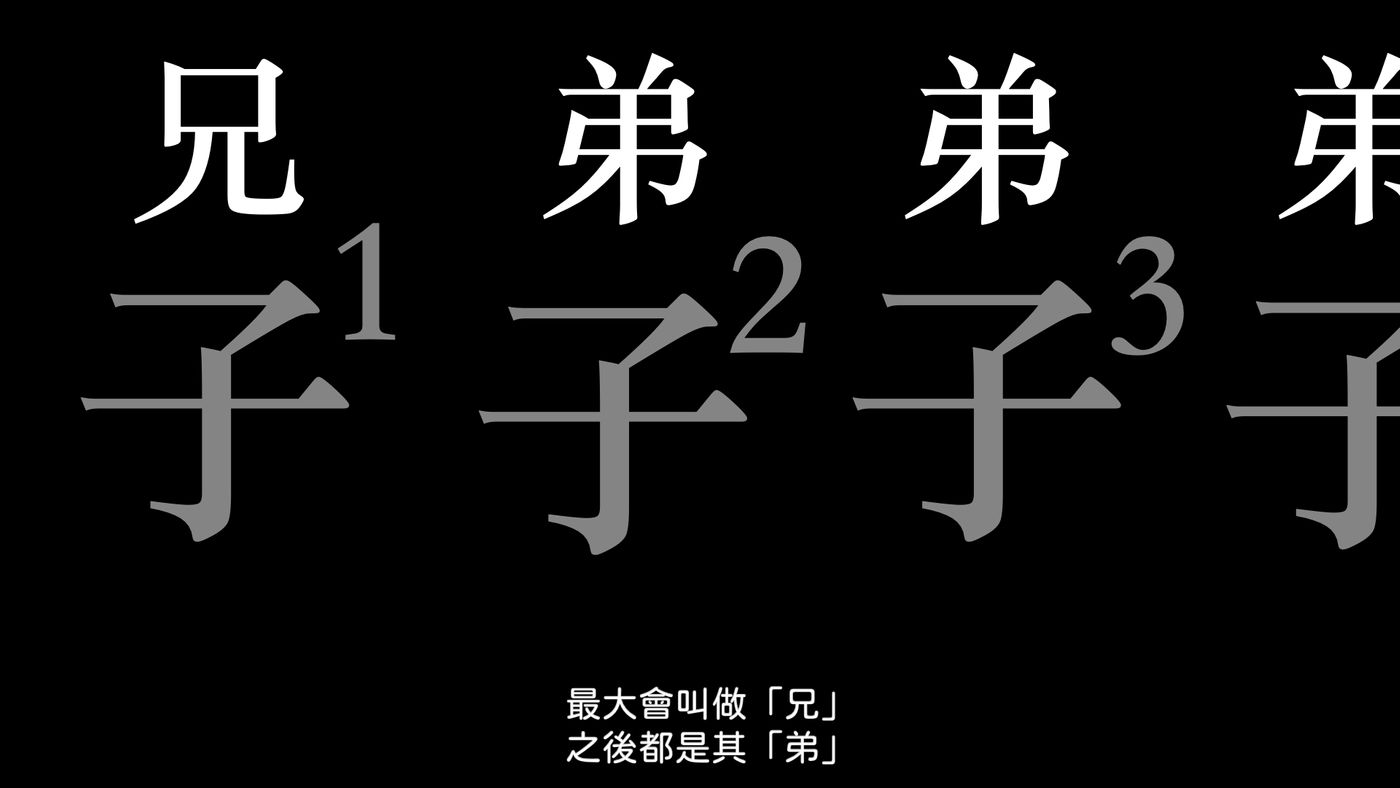
A family usually has many "children". The biggest one will be called "brother", and then all of them are "brother". In ancient times, elder brothers were always in a more superior position than younger brothers. The heir of the head of the family, the elder brother always has priority. In the Yin and Shang dynasties, there was a system called "brothers ending with brothers" - after the death of the elder brother who succeeded first, the younger brother would inherit the honorary throne left by the elder brother. From the beginning of the Zhou Dynasty, it developed into a system of direct descendants that was completely inherited by the eldest son. The compatriots other than the eldest son lost the possibility of normal inheritance.
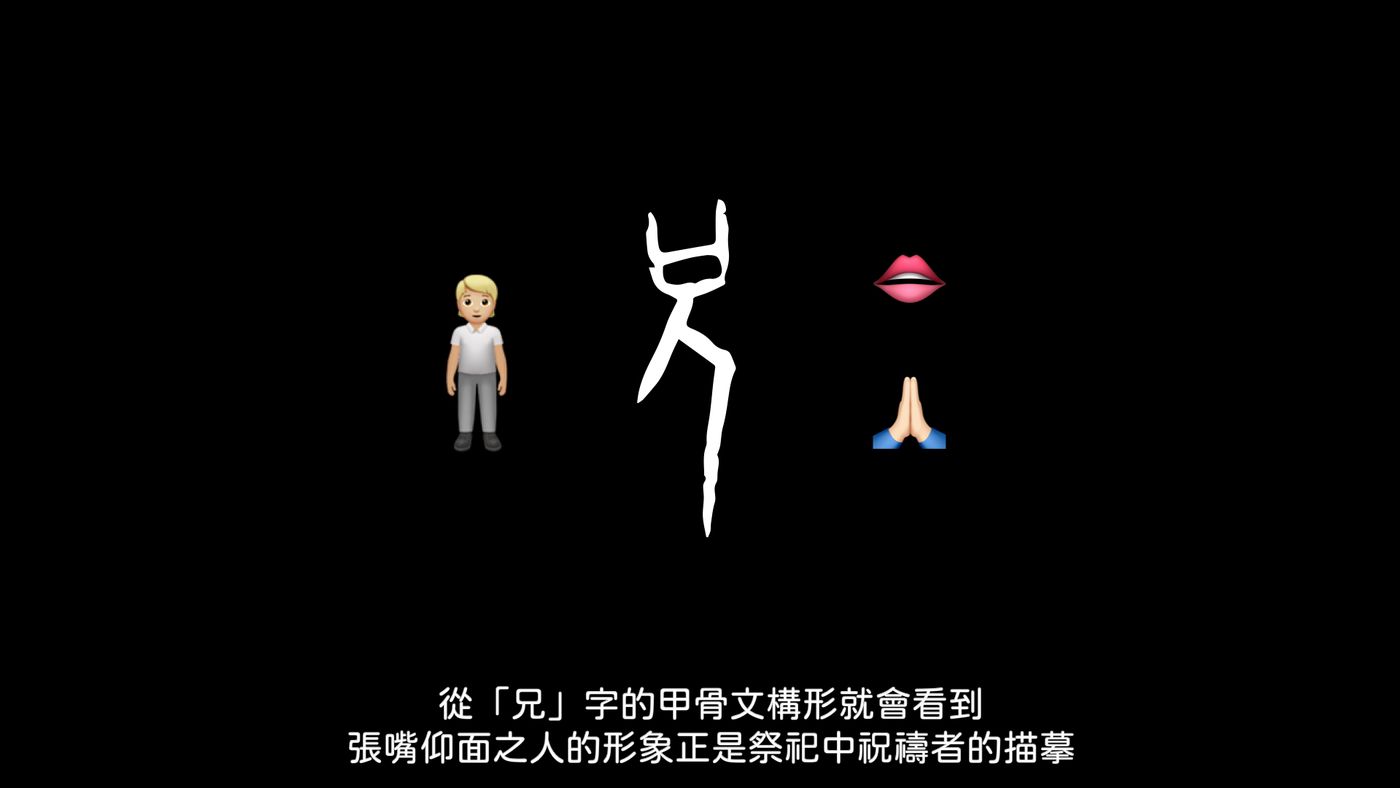
In ancient times, sacrifices to ancestors or ghosts and gods were regarded as a top priority. The person who presides over the sacrifice must be the supreme ruler of the family or clan. He must also have the identity of "brother". People's status and power are particularly clear in the sacrifice. From the oracle bone inscriptions of the word "brother", we can see that the image of the person with his mouth open and his face turned up is exactly the description of the praying person in the sacrifice
This time the word solution is here. If you have any thoughts on this solution, please leave a message below. If you like this word solution series, please subscribe to support! see you later!
This series of new attempts, please give me more advice 🤓
Like my work? Don't forget to support and clap, let me know that you are with me on the road of creation. Keep this enthusiasm together!

- Author
- More